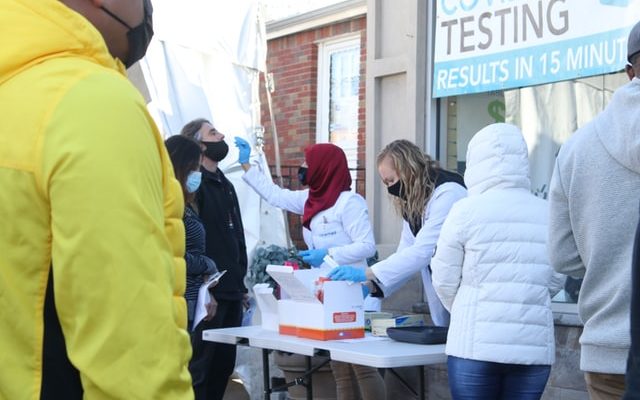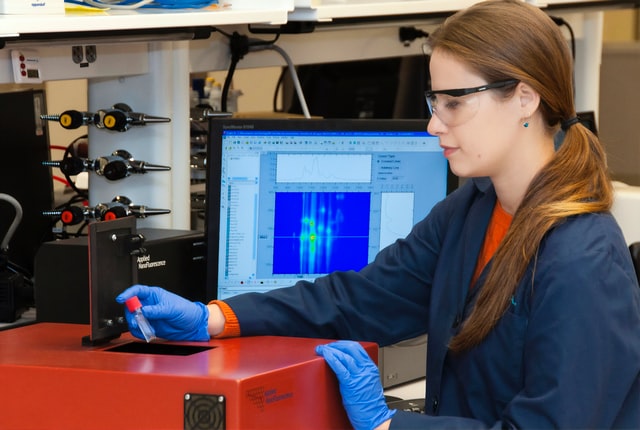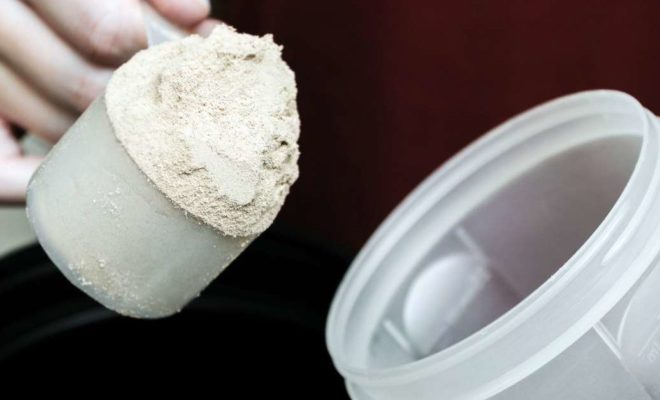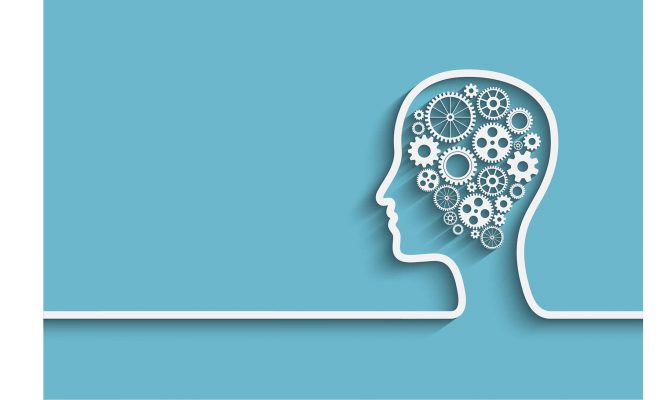Demand Increases for Testing and Measurement Solutions in Healthcare

The pandemic was quite a blow for most business avenues. However, where most businesses faced a shortage in demand, the healthcare sector quickly became overwhelmed with increased demand. The sudden increase in the need for healthcare supplies took place all over the globe. Soon enough, the market’s supply for healthcare-related goods and services fell short of the demand. A significant reason for this shortage was the alarming number of patients and people buying items in panic.
The Covid-19 virus – a new kind of virus with many unknown variables, became a matter of severe concern in all households across the world. Medical professionals and institutions started falling short of testing and measurement solutions due to the consistently growing number of patients. Monitoring data related to pharmaceutical and other medical supplies became extremely crucial, especially when vaccines needed to be transported and stored.
A data logger was one of the devices most frequently requested by medical professionals, agencies, and institutions that manufacture, store, sell, and use vaccinations along with other pharmaceutical drugs.
But what exactly are data loggers used for? How was the shortage overcome? What are the upcoming trends for the healthcare industry? In this article, we answer these questions.
What is a Data Logger?
Data loggers are electronic devices that monitor environmental parameters. A data logger registers the changes that occur in the surroundings over time. They automatically record these changes and assist the facility in keeping a regulated environment in terms of the temperature. In addition to the healthcare industry, industries like food and packaging, laboratories, and cold storage use data loggers.
A data logger has a microprocessor and a sensor that receives information by analyzing the environment. It then stores the data in a computer chip. This information is then transferred to computer systems and used as essential data to determine the functioning of the storage facility or the laboratory. Data loggers can also be used with software or as independent wireless devices.
Data loggers are used to measure and record conditions such as temperature, humidity, pulse, voltage, mV, CO2, or counts. A wide range of data loggers are available for industries that must ensure regulatory compliance or consistent environmental conditions to safeguard manufacturing or storage processes.
Trends through 2022 – 2025
According to market experts’ assessment of 25 vendors and their target clients, the data logger market is expected to increase by US $937 million through 2025, with a CAGR of over 4%. Global demands for increasing testing and monitoring equipment accounts for this increase.
In 2026 alone, the market size for data loggers is expected to increase to US $10.2 billion, with a CAGR of 7%. The device is not just in high demand in the healthcare sector; increases in the automotive industries, food enterprises, and the global exchange of products are expected to fuel this increase as industries continue to need technologically advanced solutions like data loggers.
How healthcare uses data loggers
The healthcare industry encompasses a diverse range of services and facilities where it is often critical to monitor environments. As seen on dicksondata.com, data loggers are widely used in the healthcare sector, from preserving medicines and medical supplies to creating a controlled space for the patients or laboratory work.
Data loggers are a common requirement in the medical space. Data loggers are used for many essential processes in healthcare and many other industries. Some of these processes are listed below:

Vaccine Monitoring
The critical need for vaccine shipments around the world has been emphasized yet again by the ongoing pandemic. And this is true of a wide variety of vaccines that inoculate against a vast range of illnesses.
However, the vast majority of vaccines require a precise storage temperature. Otherwise, they tend to lose their potency and may ultimately cause significant loss in terms of purchase and transit of the vaccine product as well as of patients’ health.
Room Monitoring
Regulating the temperature, air quality, and ventilation in a health care setting is essential to ensure patient safety, optimal equipment performance, and the comfort of healthcare professionals and patients alike. To help ensure an appropriate and safe environment, medical facilities use specific data loggers. These data loggers provide accurate measurements of the carbon dioxide levels, humidity levels, voltage and record any deviations that might endanger patients, professionals, or detrimentally impact vital equipment. They also help in determining the efficiency of the ventilation within the monitored area.
Autoclave Validation
Autoclaves, used to decontaminate or sterilize equipment in places as diverse as a dentist practice or a tattoo studio, use data loggers to ensure that correct temperatures are reached to ensure the safety of the equipment. Data loggers may be integral to an autoclave, but their accuracy may be difficult to determine. External data loggers that can be placed inside autoclaves or with probes put into autoclaves help ensure that autoclaves are reaching the right temperatures to decontaminate or sterilize vital equipment.
Cold Chain
As necessary as it is to maintain the temperature at storage facilities, it is equally essential to control the environment while transporting vaccines and pharmaceuticals. Because many of these must be transported in freezers, cold boxes, and refrigerators, sometimes at ultra-cold temperatures, data loggers help ensure that the cold chain is preserved. Temperature data loggers are also used to monitor temperatures for blood or transplant organs shipping.
Pharmaceutical Storage
Temperature-sensitive pharmaceuticals need environments that are consistent in temperature and humidity levels. Data loggers are used to monitor temperatures for biological drugs, storage spaces, and hospitals and ensure that temperatures do not deviate from acceptable parameters.
There are many more areas of the healthcare and other business sectors in which data loggers play a vital role. As worldwide demand increases and more businesses come into these sectors, data loggers will continue to evolve for the present and future industries.






